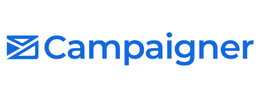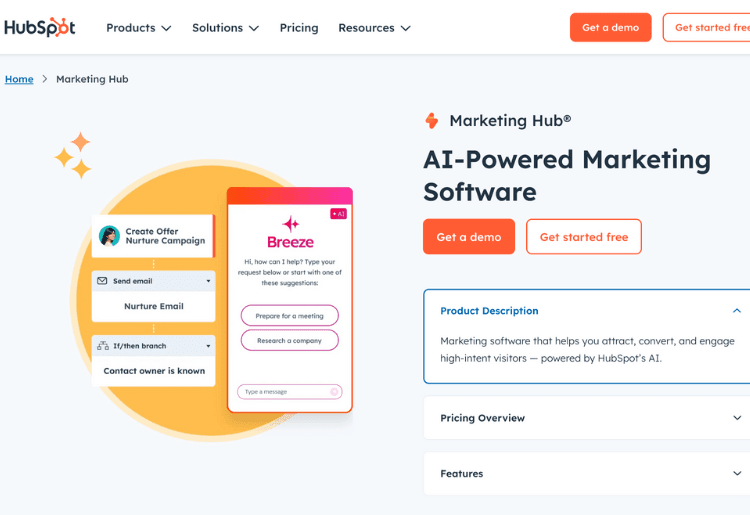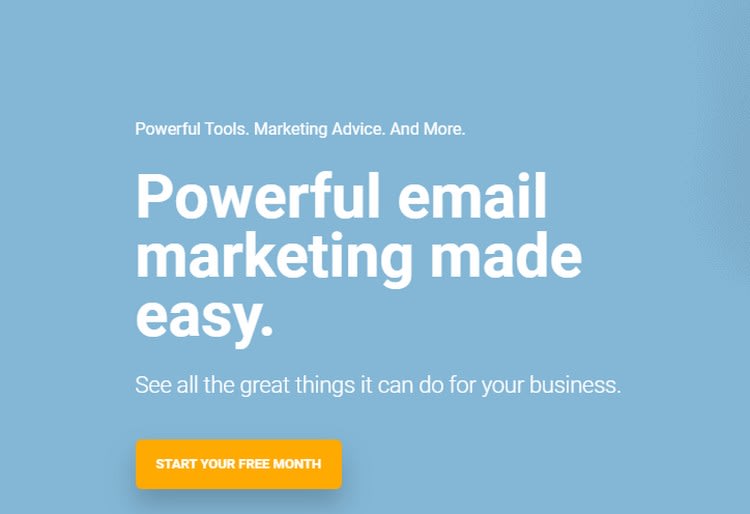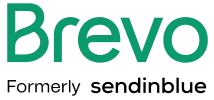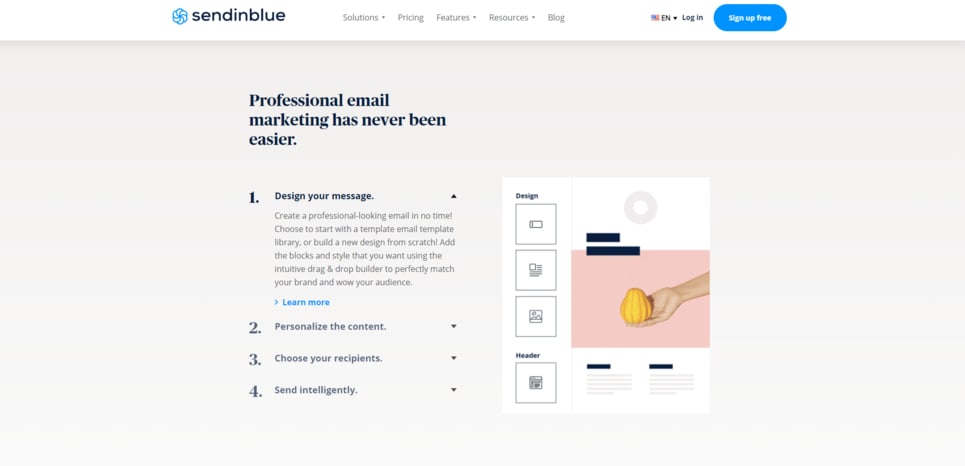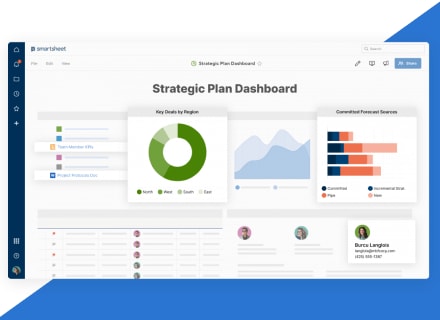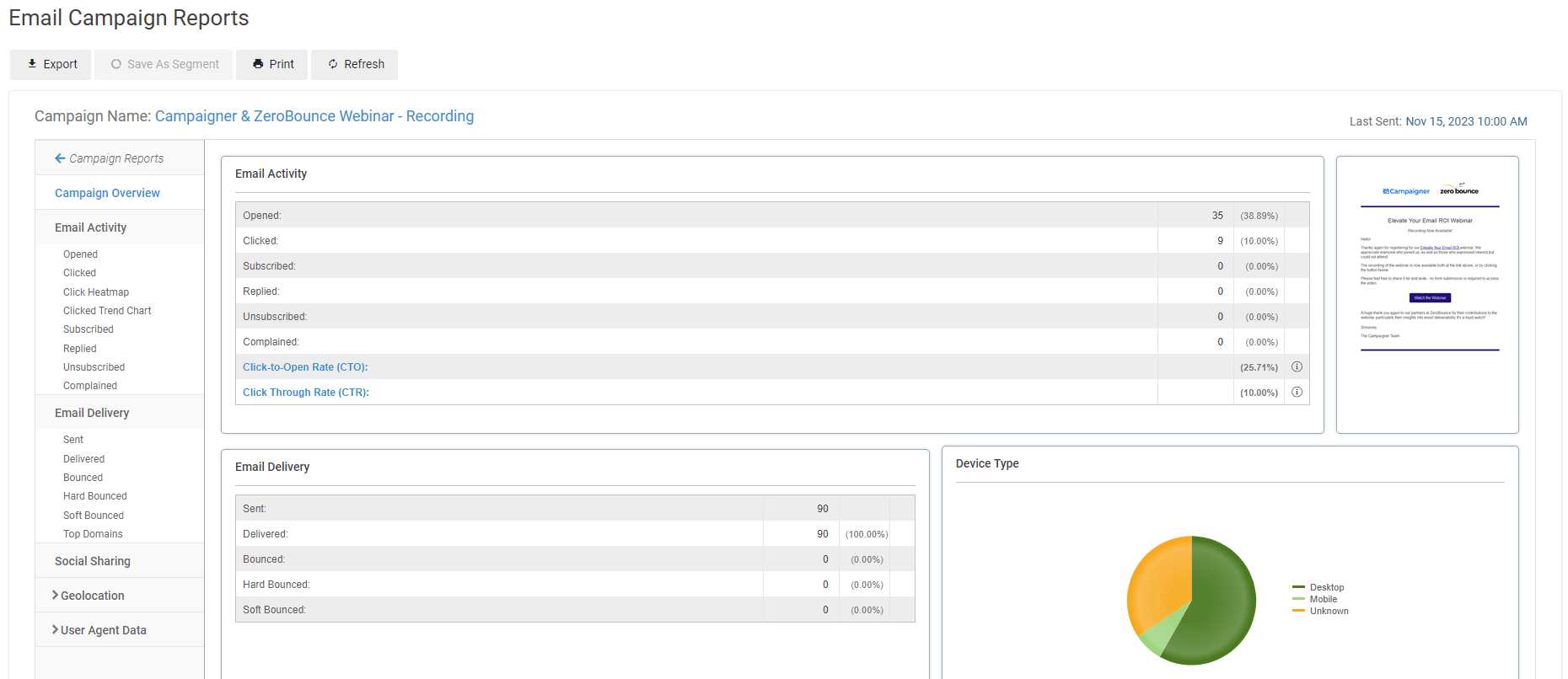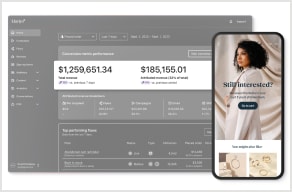Compare the 10 Best Digital & Online Marketing Tools
What Are Marketing Tools?
Digital marketing tools is a broad category that covers a spectrum of useful apps. Generally, the term refers to any software that is used to help your business run more efficiently and enhance your marketing efforts. This can include things like ad campaigns, analytics, project management, and a whole lot more we'll look at in more detail in just a minute. As you can see, it's a pretty wide range of tasks that online marketing tools cover. Luckily, a lot of the tools are free, and many of the paid-for apps bundle several of these management functionalities into a single service. So, you're really getting your money's worth.
Who Can Benefit From Marketing Tools
Everyone. It’s really that simple. Just a quick look at the list below will show you how many different aspects of your business management digital marketing tools can control. So, whether you are a content writer, a project manager, a marketer, or any other of the tens of job titles out there, you can gain tremendously from these apps.
In terms of businesses and niches, there’s no brand out there today that won’t benefit from some type of marketing software. There are currently more specific marketing tools for small businesses that narrow down the functionality so that you aren’t overwhelmed with options, and also cuts back on the price for limited budgets. So, the question isn’t so much who can benefit from online marketing tools, but rather which are the right tools to help you maximize your business efficiency.
Types of Marketing Tools
As we mentioned already, there are a lot of different types of digital marketing tools available today. The most commonly-used ones include software that will help you manage the most important aspects of your business and marketing efforts, including:
- Social media marketing
- SEO
- Website
- Design
- CRM
Here are a few examples of the best marketing tools online today:
- Ad campaign apps like Facebook ads, Google Adwords, Bing Ads
- Analytics tools like Google Analytics and Yandex Metrica
- Project management tools like Monday or Trello
- Social media marketing campaign management like Hootsuite or Buffer
- Email marketing like MailChimp and Constant Contact
- Sales and CRM software like HubSpot
The Importance of Holistic Marketing
The main takeaway here is that digital marketing tools are not a single app performing a single task for a single set of use cases. On the contrary, it's a category of tools that covers a tremendous spectrum of functionality. A forward-thinking company will find and incorporate the right blend of online marketing tools for their situation, maximizing efficiency, and really making their business management and marketing efforts pop. From task and project management software to help setting up your email marketing campaigns, the best marketing tools are the wave of the business future. So grab a board, and hang ten!
Marketing managers use a variety of tools to improve their marketing efforts, from SEO tools to analytics that track traffic and ad campaign success. Other tools may include email marketing, CRM, and project management software.
Choose a tool based on your business goals, budget, ease of use, and the specific features you need—like email automation, CRM, or analytics. Make sure it integrates with your current systems and supports your growth.
Marketing tools can be free or range from $10 to over $200 per month. Most small businesses spend between $10 and $100/month depending on features and team size.





